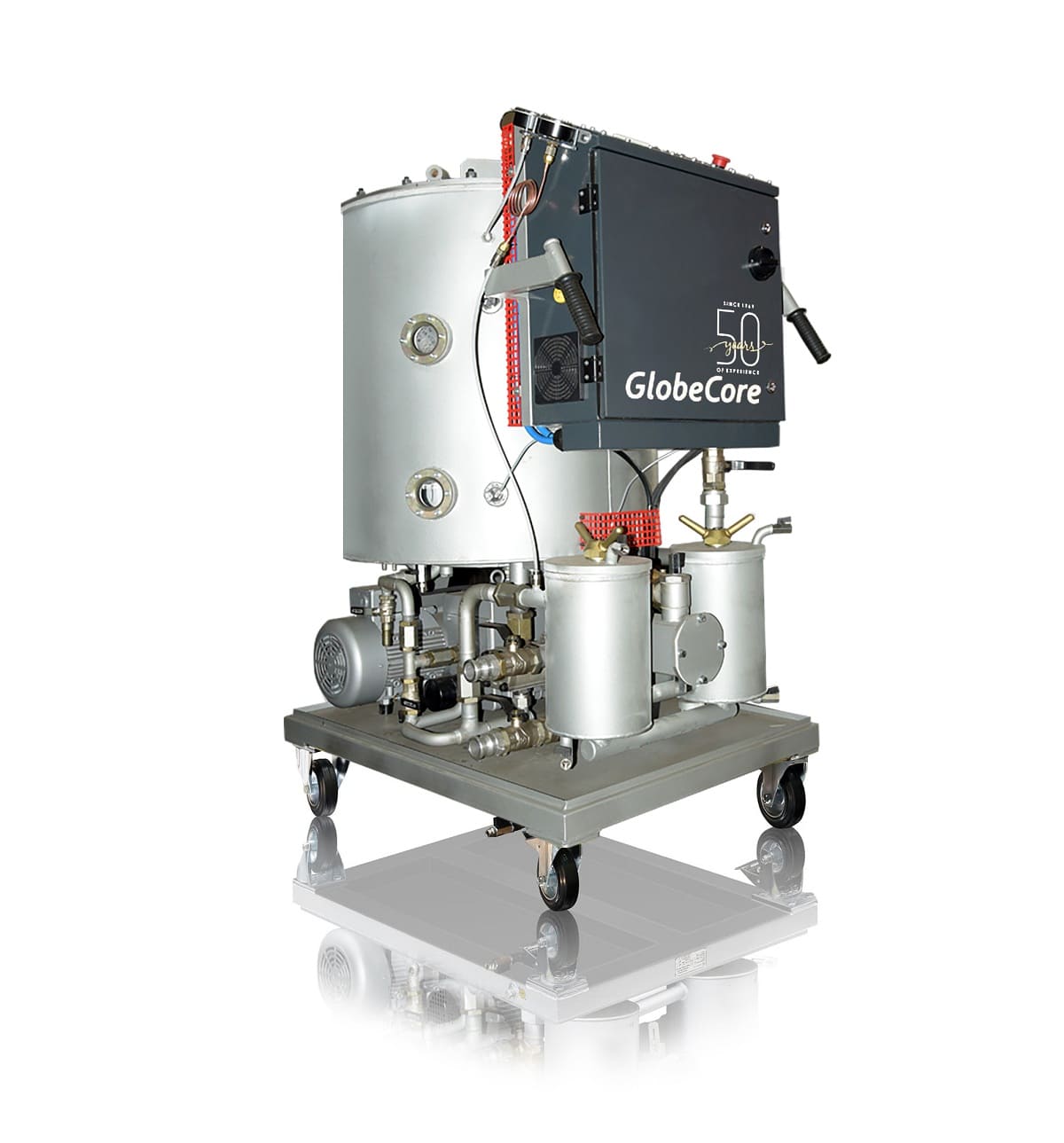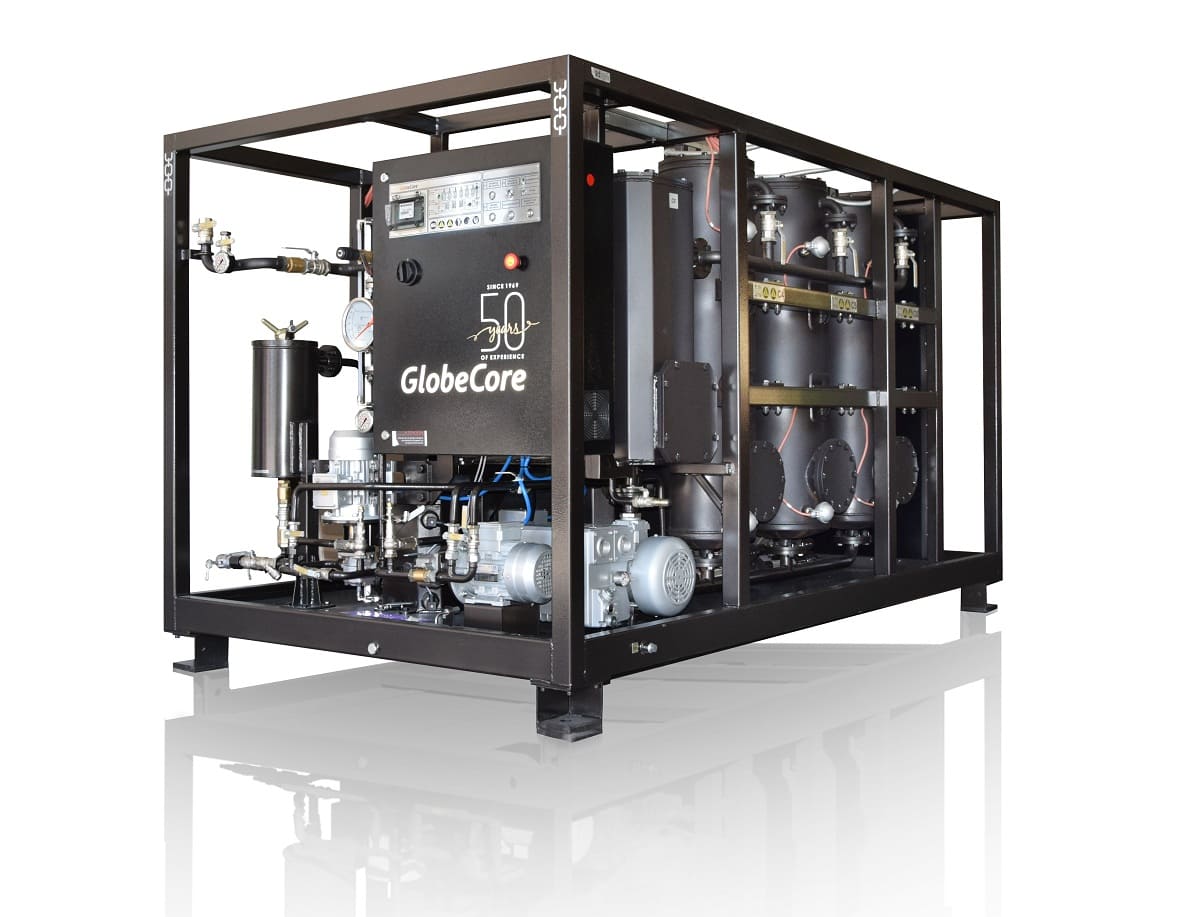Hydraulic oil purification
What Hydraulic Oil Filtration Components are essential for a reliable purification process?
- This topic has 1 reply, 2 voices, and was last updated 1 year, 4 months ago by .
Answers
-
October 7, 2024 at 1:53 pm by Pasquale Scarponi
Essential components of Hydraulic Oil Filtration Systems for a reliable purification process include filters, pumps, valves, control units, monitoring sensors, and coolers. Filters are the core component, capturing particulates, moisture, and contaminants to protect hydraulic machinery. These filters can vary in type, including cartridge, centrifugal, magnetic, or pleated filters, each designed for specific contaminant removal. Pumps ensure continuous circulation of hydraulic oil through the filtration system, maintaining consistent flow and pressure. Valves regulate oil flow and allow for system adjustments and maintenance operations, such as isolating filters for cleaning or replacement. Control Units manage the overall operation of the purification process, automating settings for flow rate, temperature, and pressure based on system requirements. Monitoring Sensors track oil quality parameters, such as contamination levels, pressure drops, and flow rates, providing real-time data for system optimization and maintenance alerts. Oil Coolers maintain optimal oil temperature, enhancing filtration efficiency and preventing thermal degradation of the oil. Additionally, Safety Mechanisms, such as pressure relief valves and alarms, ensure safe operation and protect both the equipment and personnel. Together, these components work synergistically to ensure that the hydraulic oil is consistently purified, protecting the system from wear, corrosion, and inefficiency, and thereby maintaining the reliability and performance of hydraulic machinery.



